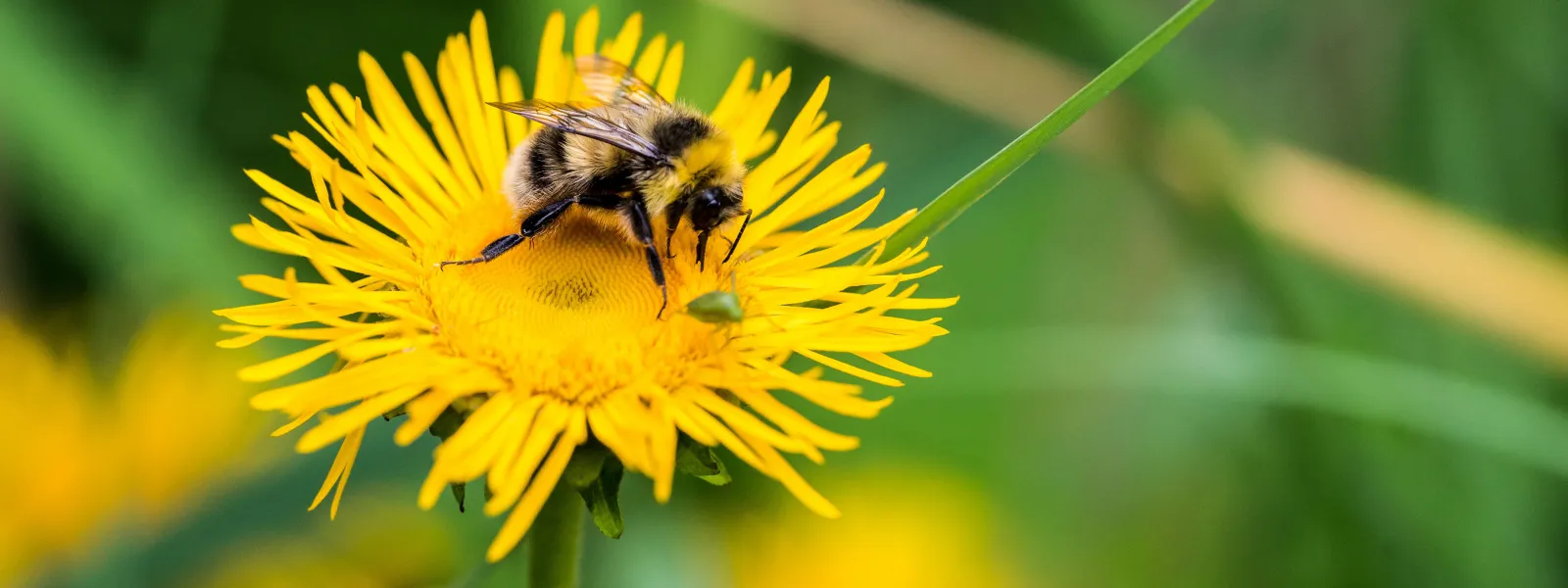
NGOs call on Mexico to protect Mayan beekeeping communities affected by cultivation of genetically modified soy
Photo: Stefan Steinbauer / Unsplash.The lives, health, and integrity of indigenous people are threatened by deforestation and contamination of their land caused by the cultivation of genetically modified soy. The situation is worsening because the Mexican government has not adopted effective measures to safeguard the rights of the communities.
Washington D.C., United States. Traditional Mayan beekeeping communities, alongside a coalition of national and international organizations, have denounced the cultivation of genetically modified soy in the Mexican states of Campeche and Yucatan as damaging to the lives, health, and integrity of Mayan people, and to the health of the environment on which they depend.
On July 25, a coalition of organizations filed a complaint on behalf of Mayan communities with the Inter-American Commission on Human Rights (IACHR). The organizations are the Interamerican Association for Environmental Defense (AIDA); Centro Mexicano de Derecho Ambiental (CEMDA); Greenpeace Mexico; Indignación, Promoción y Defensa de los Derechos Humanos, A.C. (Indignación); and Litiga, Organización de Litigio Estratégico de Derechos Humanos A.C. (Litiga OLE).
The health and way of life of affected people—especially children, pregnant women, and the elderly—are at increasing risk from deforestation and the use, during planting, of the toxic herbicide glyphosate, which has been proved to contaminate soil and water sources. The crops have been genetically modified to resist the herbicide, which leads growers to apply it in ever greater concentrations. The organizations asked the Commission to grant precautionary measures, an action that would urge the Mexican government to implement actions that protect the rights of communities and effectively halt the cultivation of genetically modified soy in Campeche and Yucatan.
Leydy Pech, representative of the Mayan communities, said, “planting genetically modified soy in Mayan territory violates our rights and our culture, which has been passed down to us from our ancestors. Because of the cultivation of soy on our lands, we have lost medicinal plants, vital trees for local bee populations, and animals, and have even seen some of our archeological sites destroyed. This harms our Mayan identity and denies us the possibility of passing that knowledge on to our children; traditional knowledge that allows us to preserve the forest and generate wellbeing for our communities.”
AIDA attorney María José Veramendi added, “the Mexican government has an obligation to apply the precautionary principle and take into account the health risks that come with glyphosate and the cultivation of genetically modified soy. By not doing so, the State is failing to comply with its duty to prevent violations of the rights of Mayan communities, who are exposed to the herbicide as it drifts on wind and contaminates water sources.”
The affected Mayan communities live in the municipalities of Hopelchén, in the state of Campeche, and Mérida, Tekax and Teabo, in the state of Yucatan. Permits to cultivate genetically modified soy also affect other communities in the seven states of the Mexican Republic. The communities were not consulted, nor did they give their free, prior, and informed consent, before Mexico granted the permits necessary for the cultivation of genetically modified soy in their territory. Under international law, indigenous communities must be guaranteed the right to prior consultation and informed consent. What’s more, the planting has seriously affected traditional beekeeping practices, part of Mayan culture and one of the main sources of livelihood for the communities.
In addition to requesting precautionary measures, the organizations filed a petition with the IACHR denouncing violations of the rights to land and communal property, to life and personal integrity, to a healthy environment, to work, and to judicial protection and access to justice. According to the organizations, the State has not taken effective measures to safeguard the rights of affected populations despite their efforts to seek justice in domestic courts.
“Although the Mayan communities obtained a favorable ruling from the Second Chamber of the Supreme Court last November, the judgment did not resolve all the human rights violations,” explained Francisco Xavier Martínez Esponda, legal representative of CEMDA. “During the consultation process, authorities neither respect traditional manners of decision-making nor meet Inter-American standards for upholding this fundamental right. Since the Mexican State could not rule on all instances of rights violations or order their rectification, we have now brought the case before the Inter-American Commission on Human Rights.”
